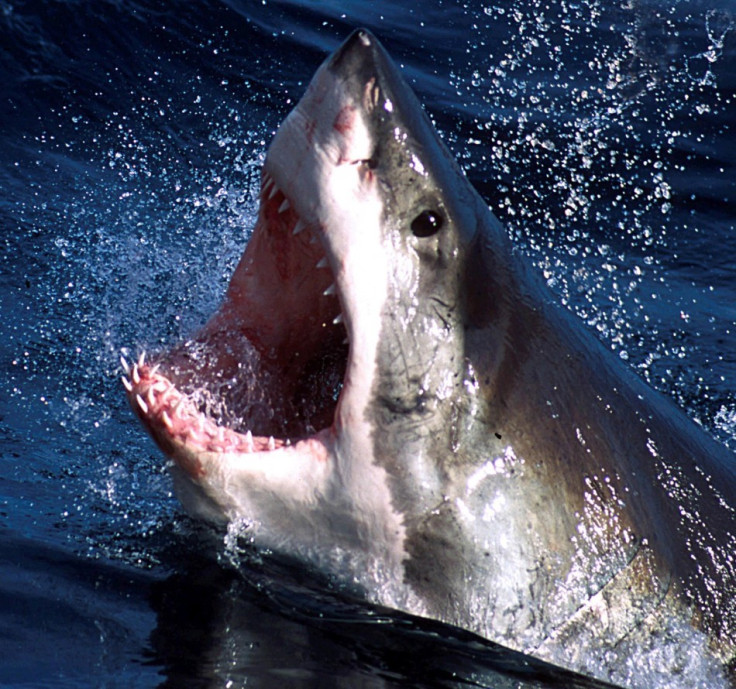Endangered Great White Sharks Face Slaughter to Protect Australian Beaches

Following five fatal great white shark attacks on swimmers in 2012, the state government of Western Australia has announced a controversial cull.
Any shark that poses an immediate threat by straying too close to the Australian coast will be killed. The premier of Western Australia, Colin Barnett, said that his state had recorded only 12 shark fatalities over the past 100 years of which half have occurred in the last 12 months.
In 2011, there were a record number of shark attacks worldwide.
Plans were announced for an A$6.85m (£5m) programme to track, tag, catch, and destroy sharks deemed to be swimming in dangerous proximity to beachgoers.
Demands for the fishing ban on great whites to be lifted followed the death of surfer Ben Linden, 24, who was killed by a shark in July, 180km north of Perth.
The most recent attack - though not fatal - was in August on 34-year-old Jon Hines, who was in waters approximately 960km north of Perth. He suffered abdominal and arm injuries, after punching and scratching the shark's eyes during the attack.
In January 2006, a 21-year-old woman who was swimming in only waist-deep water was attacked.
The great white shark is mainly known for its size, with the largest exceeding 6m (20ft) in length, and 2,268kg (5,000lb) in weight.
Environmental groups have protested against the cull plan. Great whites are considered a vulnerable species.
© Copyright IBTimes 2024. All rights reserved.






